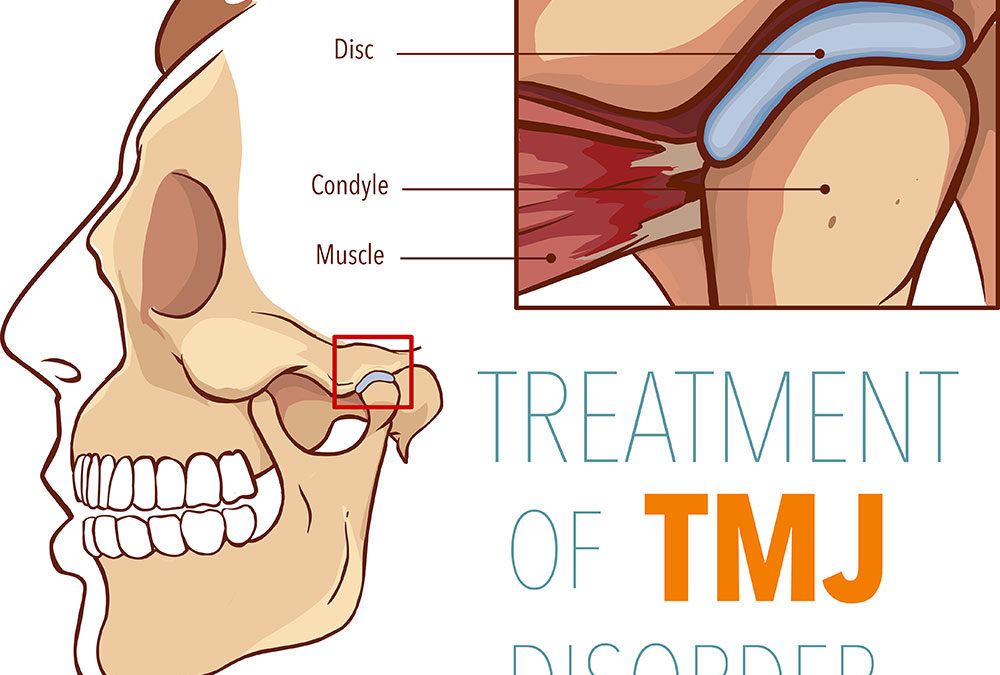Jaw Joint Damage Is Progressive
Why it’s critical to get TMJ treated fast is due to the fact that damage to your jaw joint will worsen over time. In the case there is a displacement of the cushioning disc in the jaw, the bones will wear one another down as they grind together. The soft tissue, which holds the disc in place, can be destroyed over time.
One sign which indicates that your disc is repetitively sliding out of place and back in again is the popping sound your joint makes. If the disc stops sliding in, this can be a sign of severe damage to the joint. Essentially, delaying treatment increases the risk of needing a surgical replacement for your jaw joints.
TMJ Treatment Can Save Your Teeth
Your teeth may be suffering damage if you delay your TMJ treatment. The worse the damage will be if you wait it out longer. Damaged teeth can put the jaw further out of position, worsening the TMJ condition – and you’d likely need a full mouth reconstruction.
TMJ Treatment Prevents You From Picking Up Bad Habits
You will naturally try to avoid movements that could hurt your jaw if you have TMJ. While they may be a good idea temporarily, this habit can cause damage in the long run. It will damage your teeth, displace your jaw joints, and reduce your chewing efficiency. The worst part is you might not even be aware you’re doing it.
The longer you rely on these chewing strategies, the tougher it can be to stop doing them. You can regain a natural, healthy chewing motion faster if you get TMJ treatment sooner. Other side effects of delayed treatment include regular headaches or migraines which can interrupt your everyday life.
Developing Sensitization Without TMJ Treatment
The biggest reason to treat your TMJ fast is to prevent sensitization. Sensitization is an occurrence in which your nerves start regarding the slightest movement or pressure as pain. Sensitization is categorized into two forms: central sensitization and peripheral sensitization. The nerves in your jaw become sensitized in peripheral sensitization, making it difficult to remove the pain in the jaw. However, central sensitization is more concerning; your brain starts to identify normal sensations from around the body as pain. Central sensitization is believed to be linked between chronic pain conditions like irritable bowel syndrome (IBS) and TMJ. Theories today suggest that the longer one delays TMJ treatment, the higher the chance the jaw develops sensitization.
It Is Important Not To Delay TMJ Treatment
It’s high time you look for help if you are suffering from TMJ that isn’t responding to home remedies. Contact Head Pain Institute today to consult a dentist or schedule an appointment!



